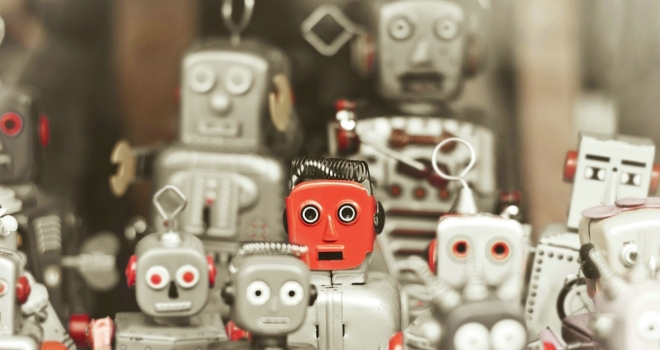Even from the mere definition on Wikipedia, you know what to expect of a Smart Home. It is the ‘house of the future’ as we have seen it in movies a long time ago.
Complete automation of systems inside a house and the possibility to remote control them became a reality in the last few years. Because of the house’s ability to ‘respond’ to requests and needs of the inhabitants, it was named in the real estate domain a ‘smart home’. But is it smart enough to fascinate an English buyer?

Photo source: Property Reporter http://bit.ly/2x5GpDi
Latest research shows that most Brits are afraid of smart homes because of reasons like:
- unapproved data collection;
- hackers;
- web viruses.
More details in the article on Property Reporter:
Majority of Brits are fearful of ‘Smart Homes’
Distrust in this type of a ‘connected house’ can be caused by lack of knowledge. Maybe testing the house before can prove to be a good way to increase confidence in home systems and technologies.